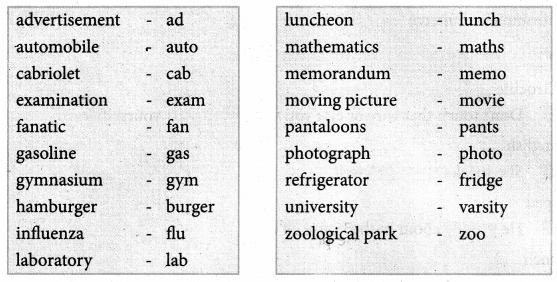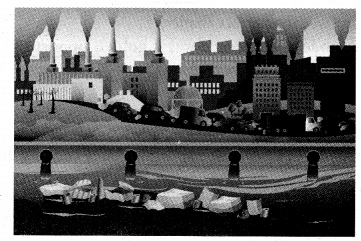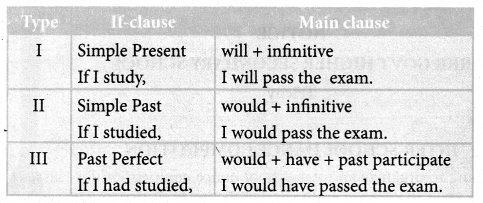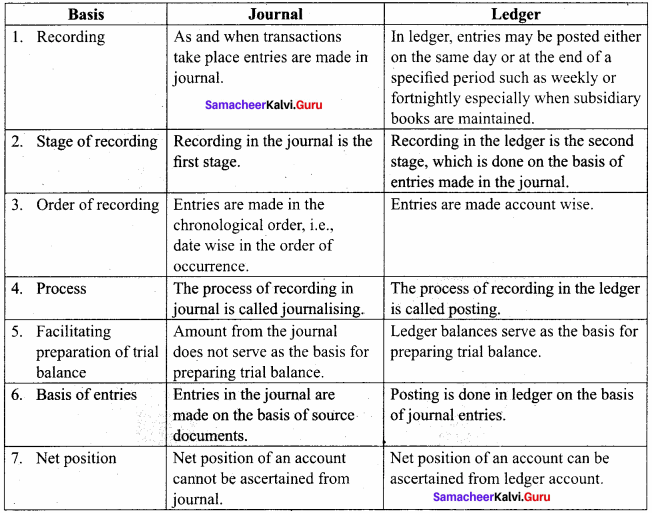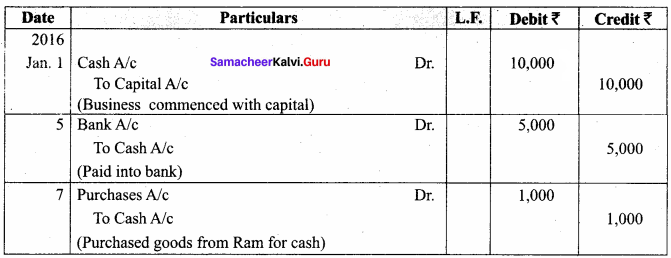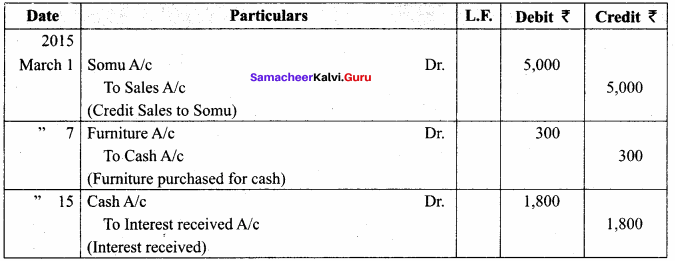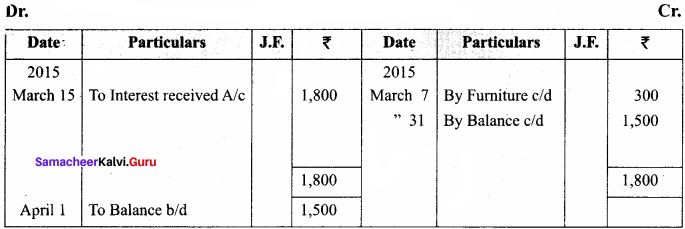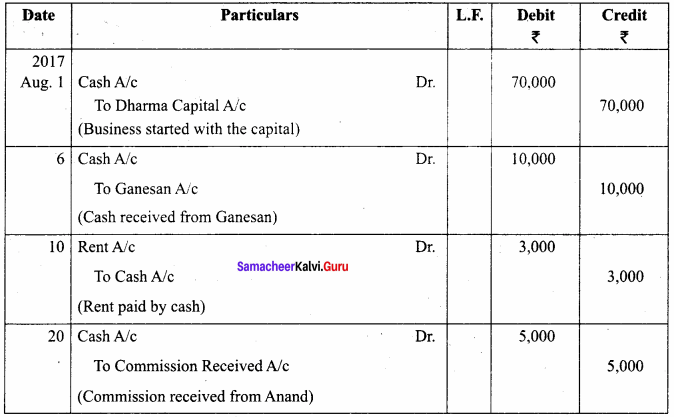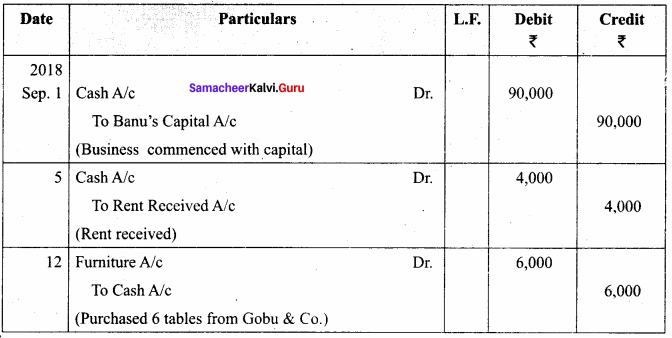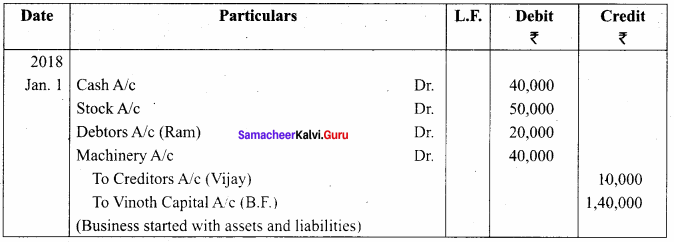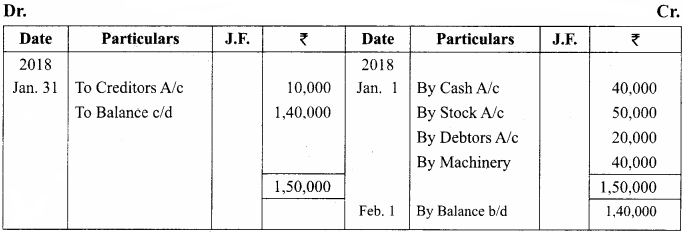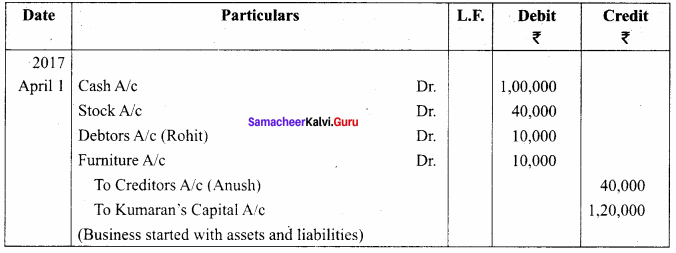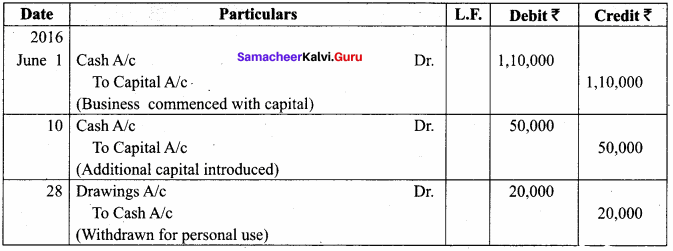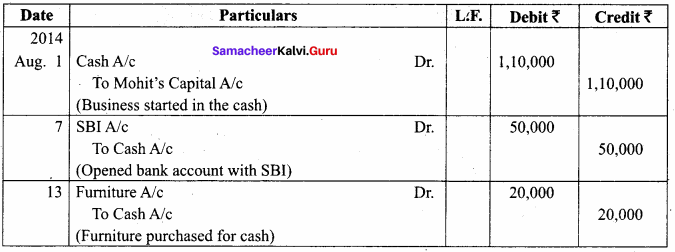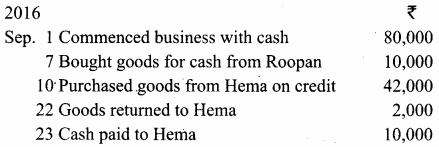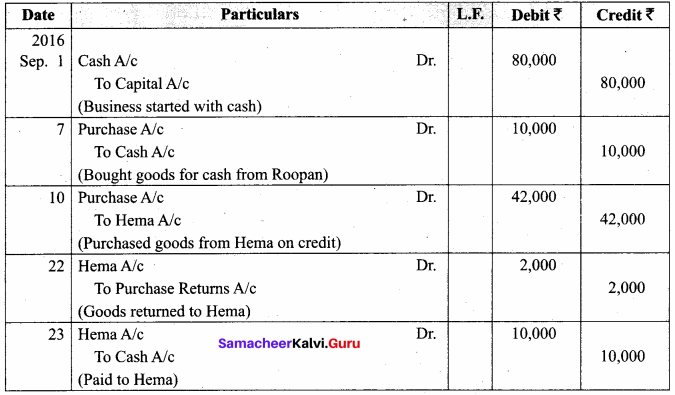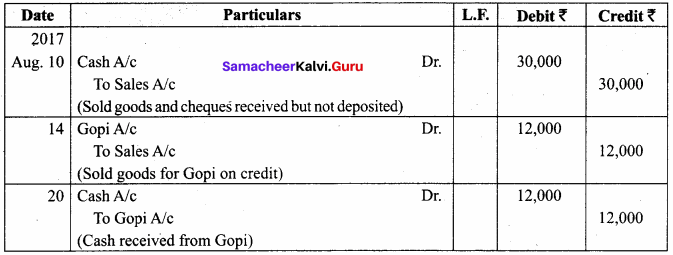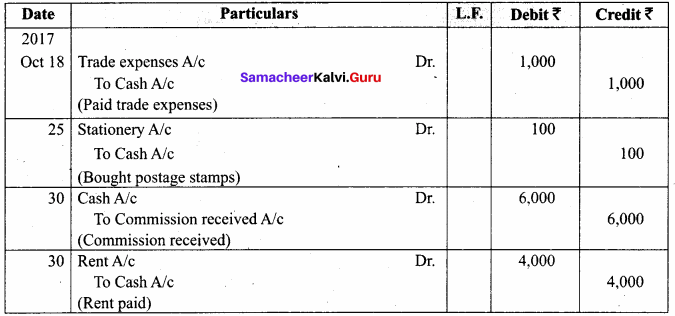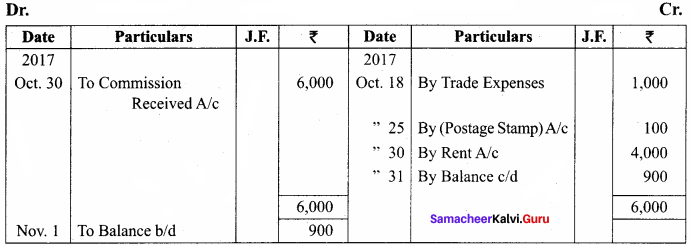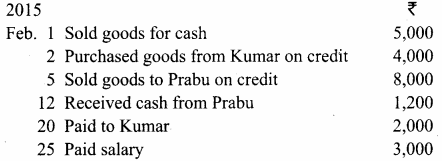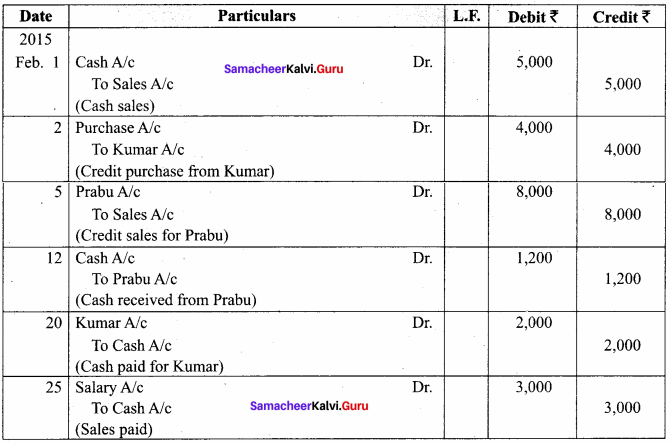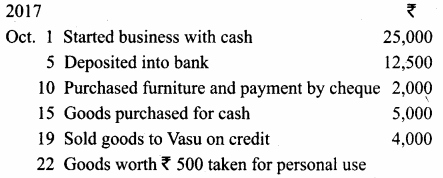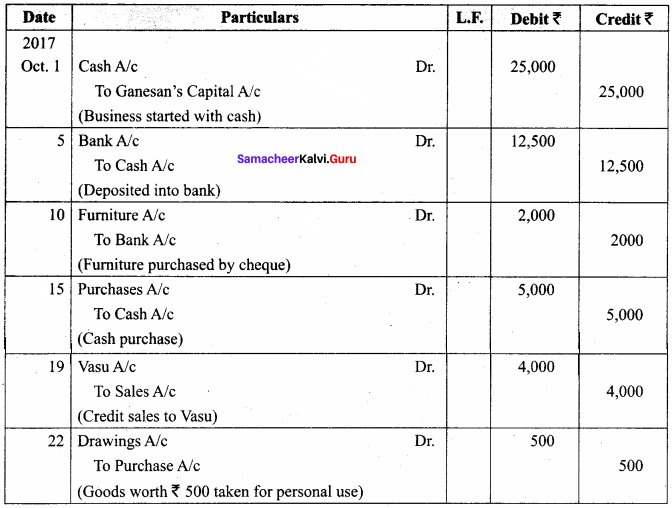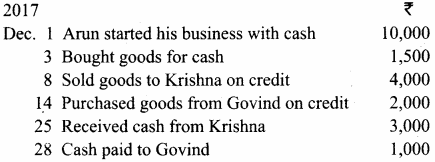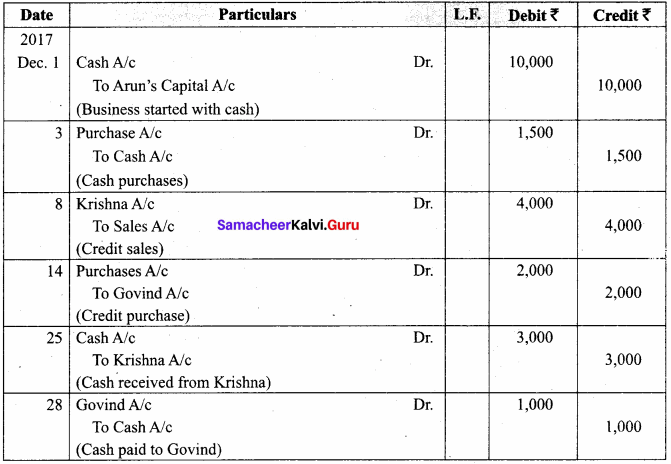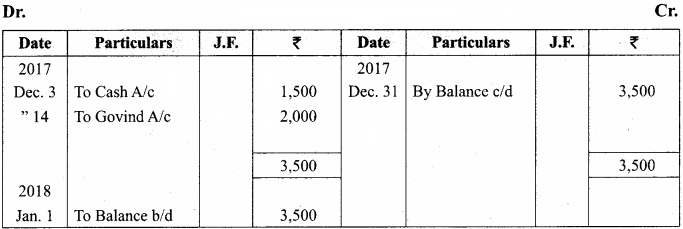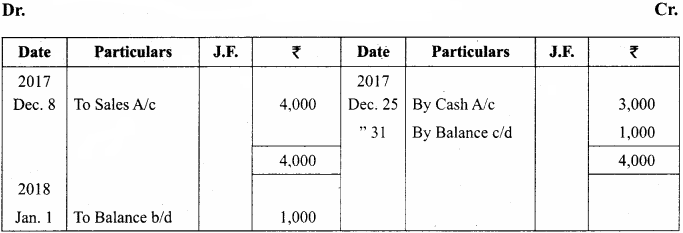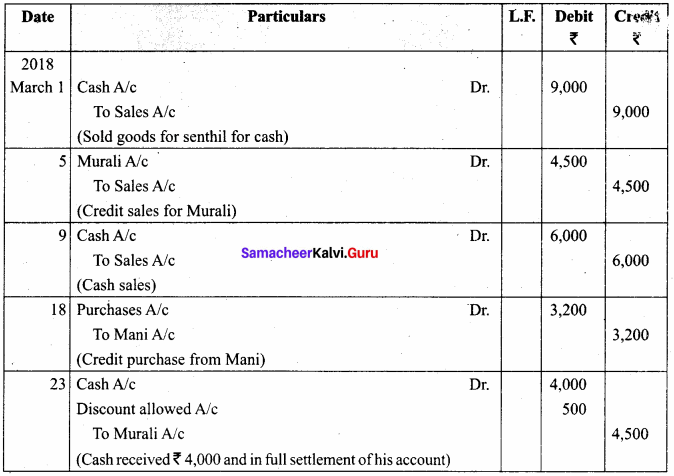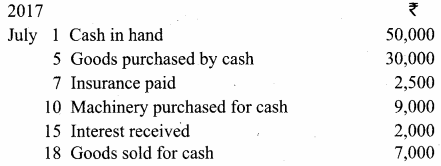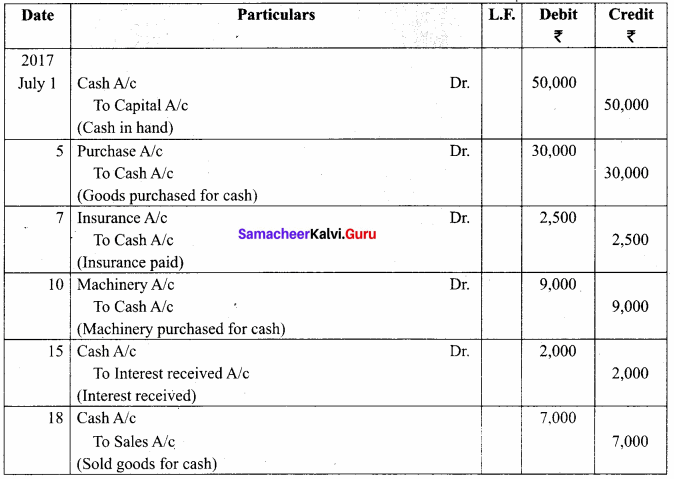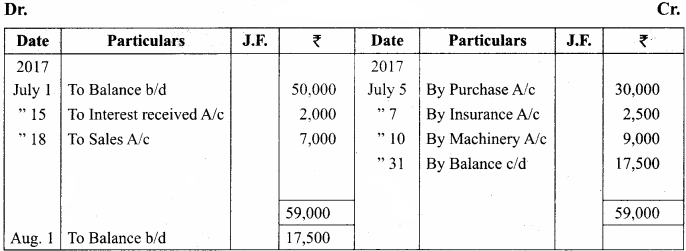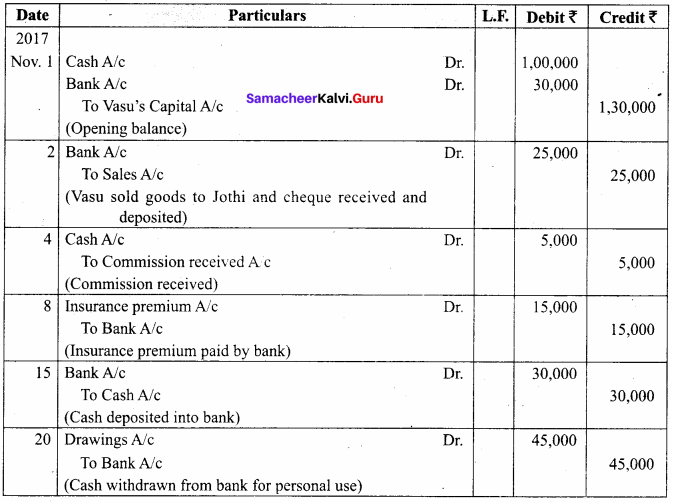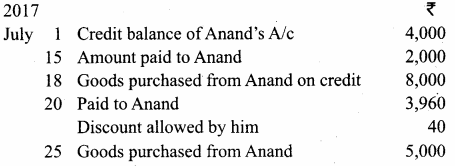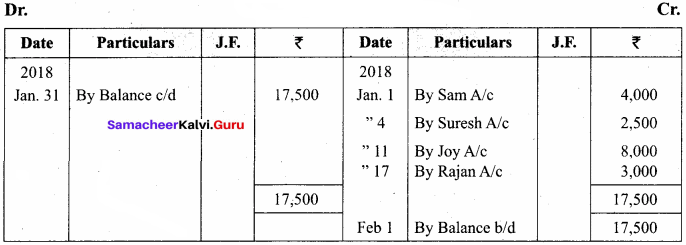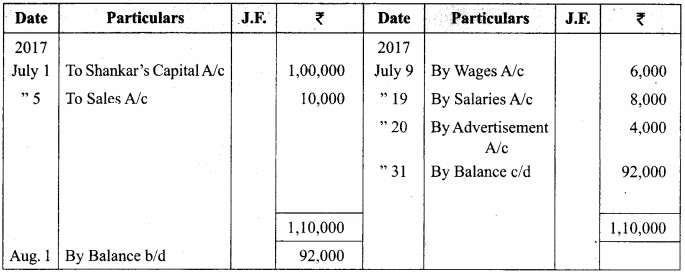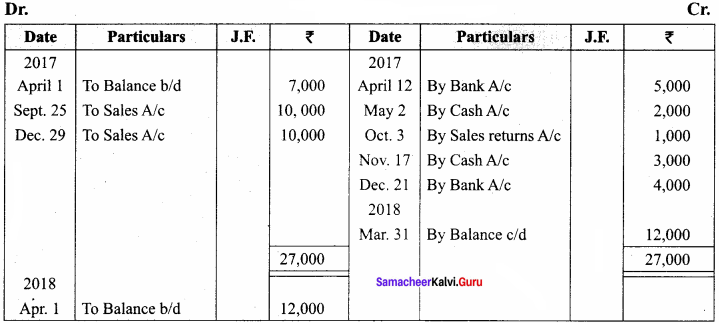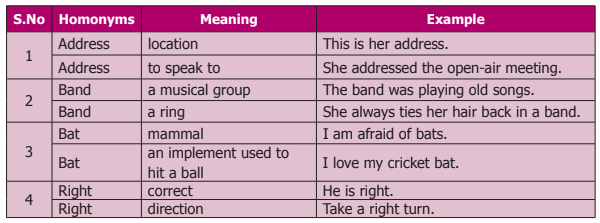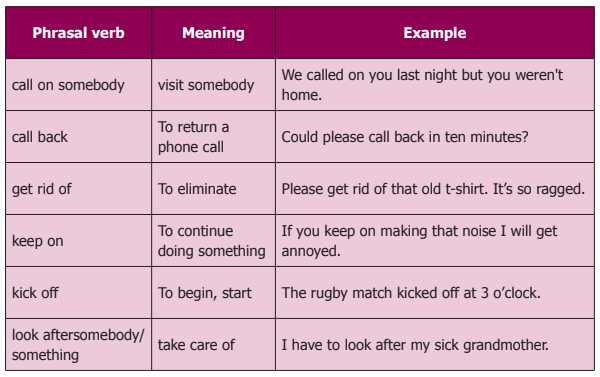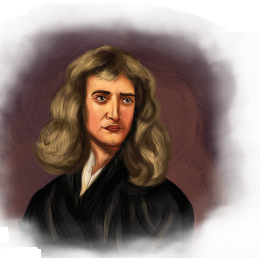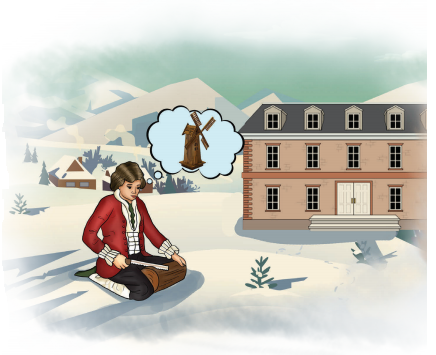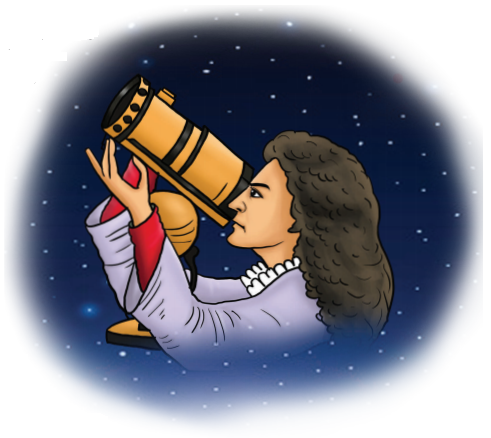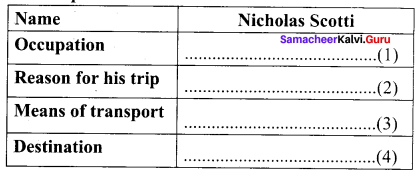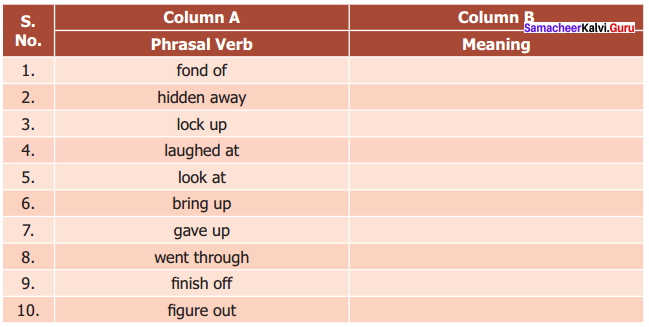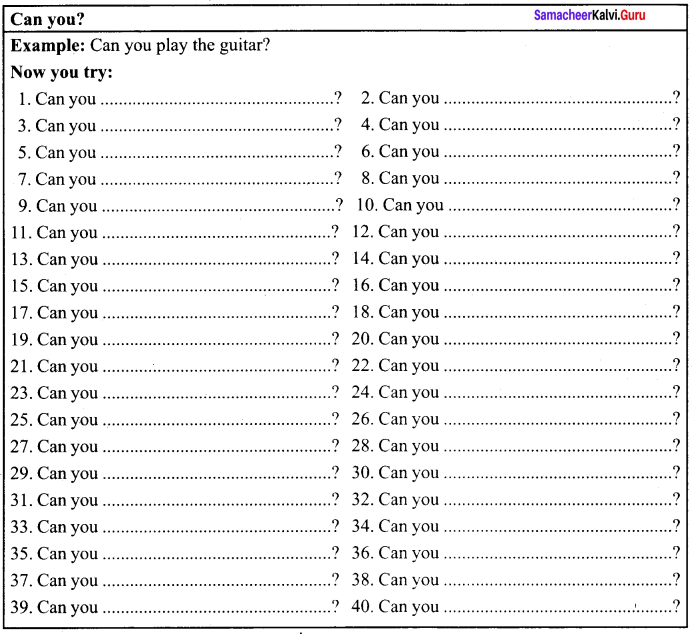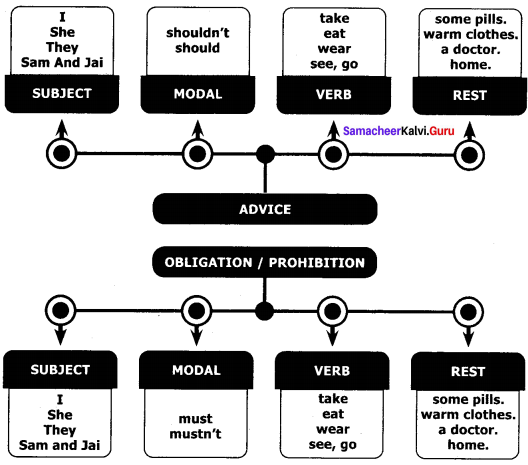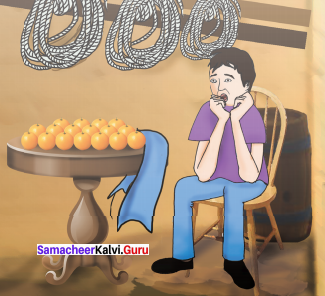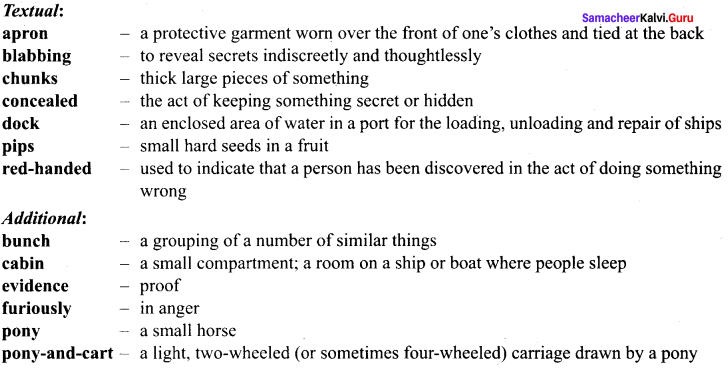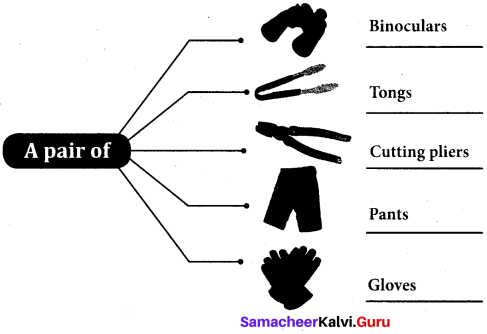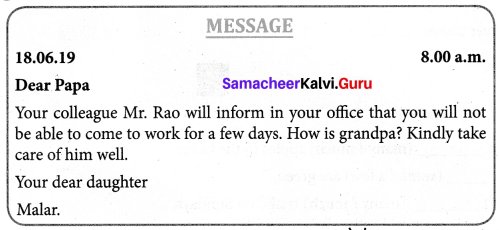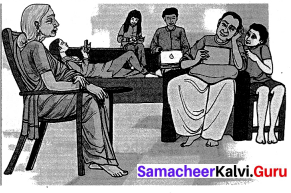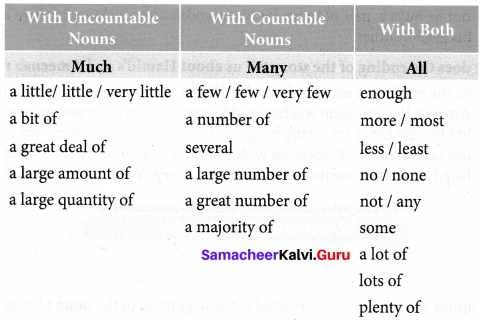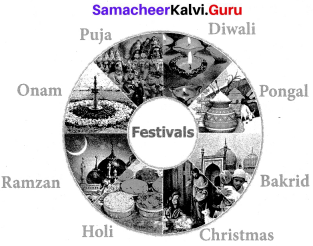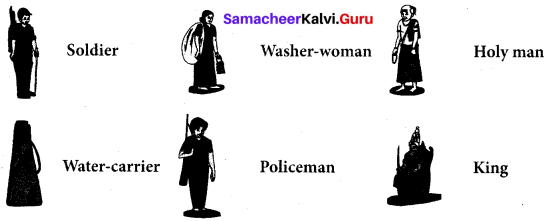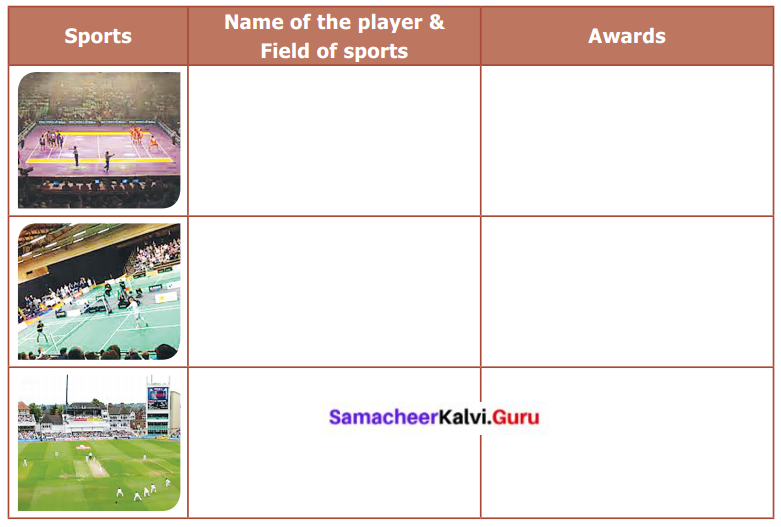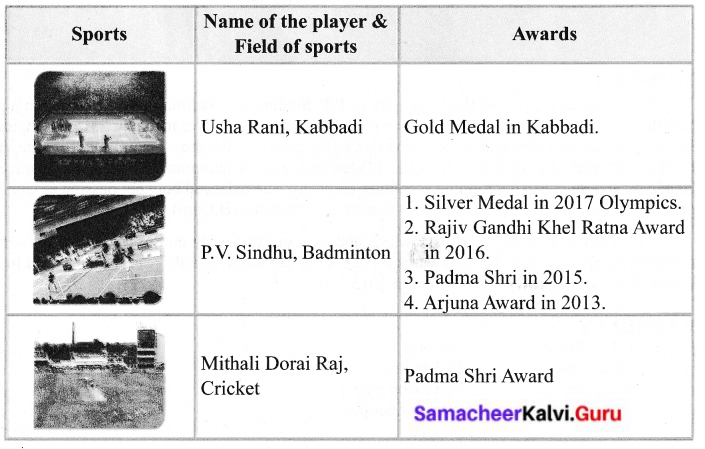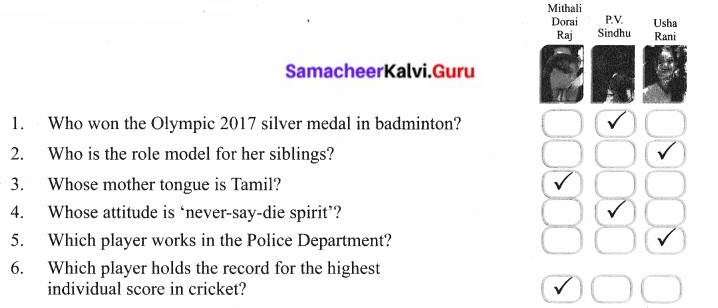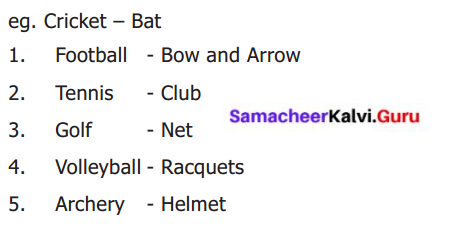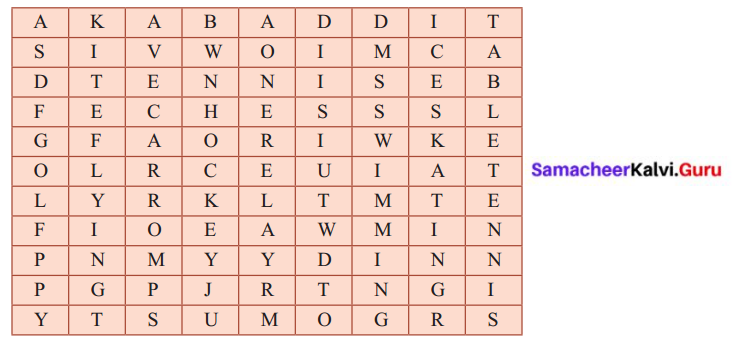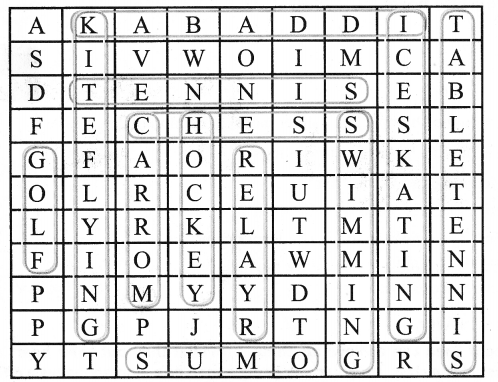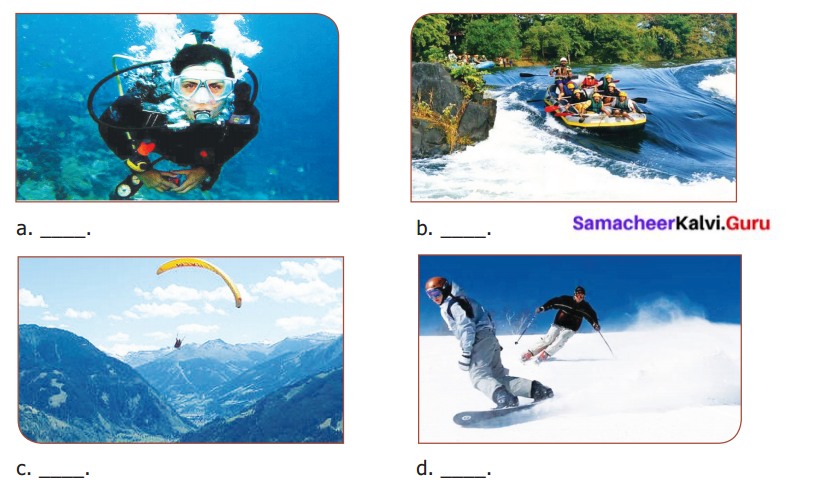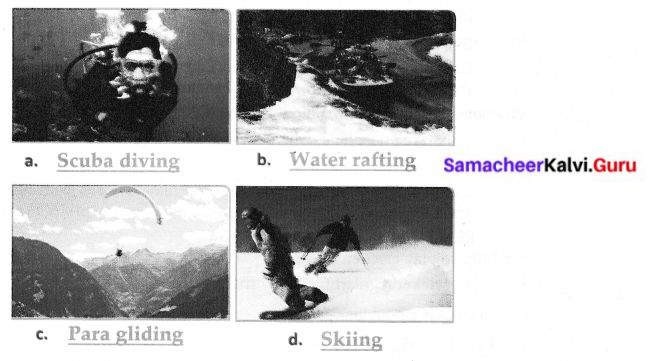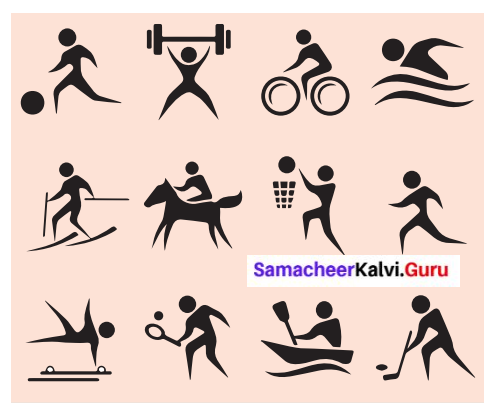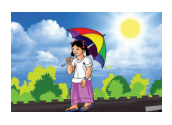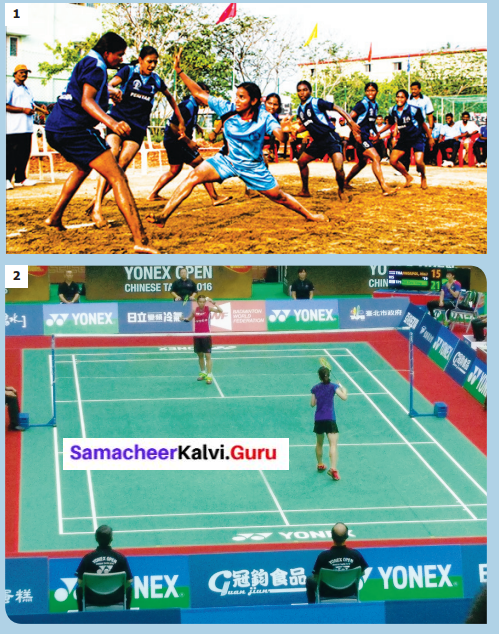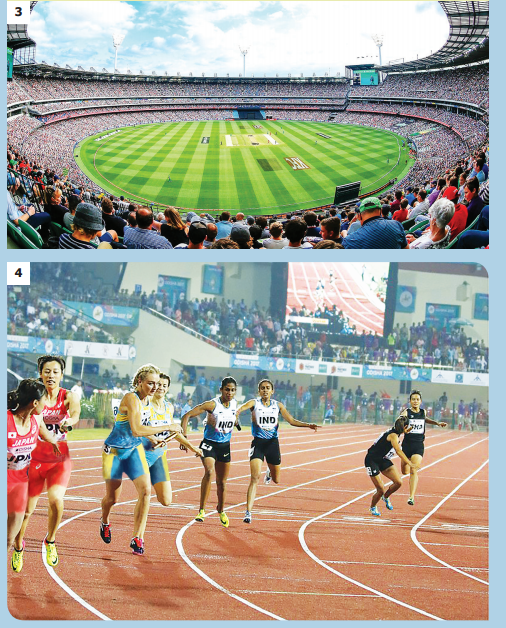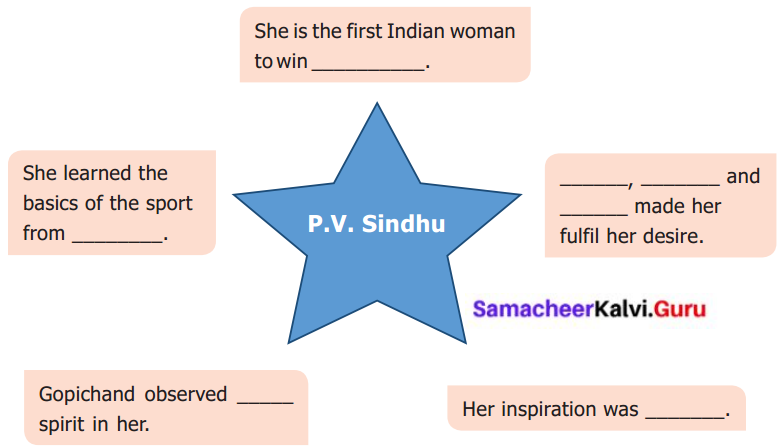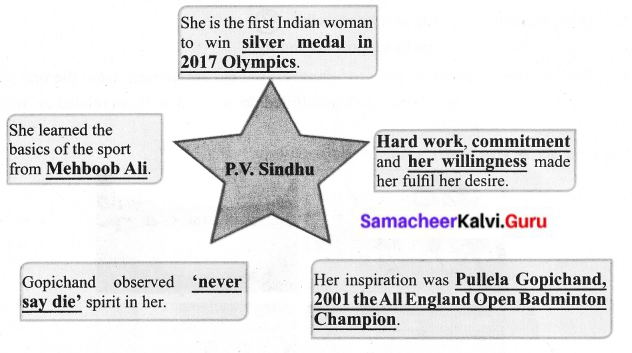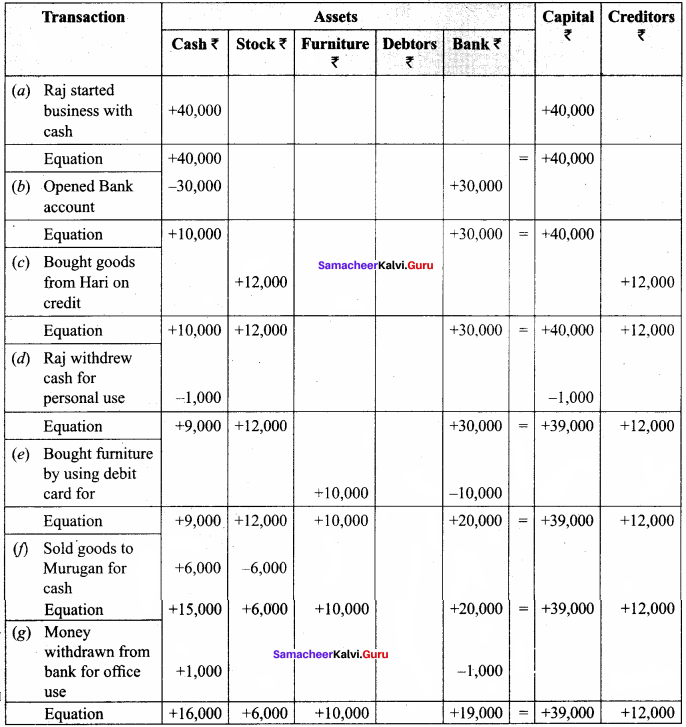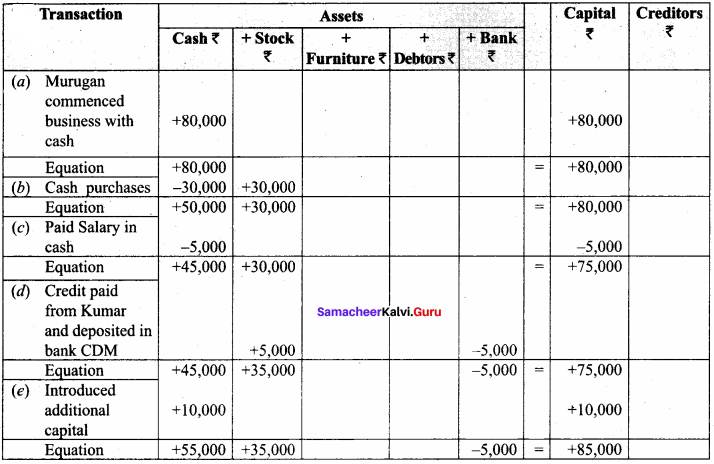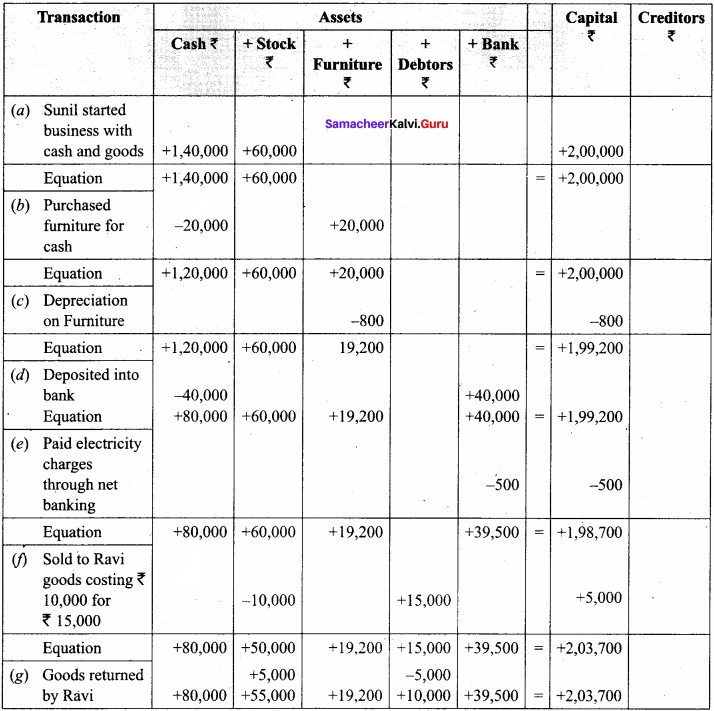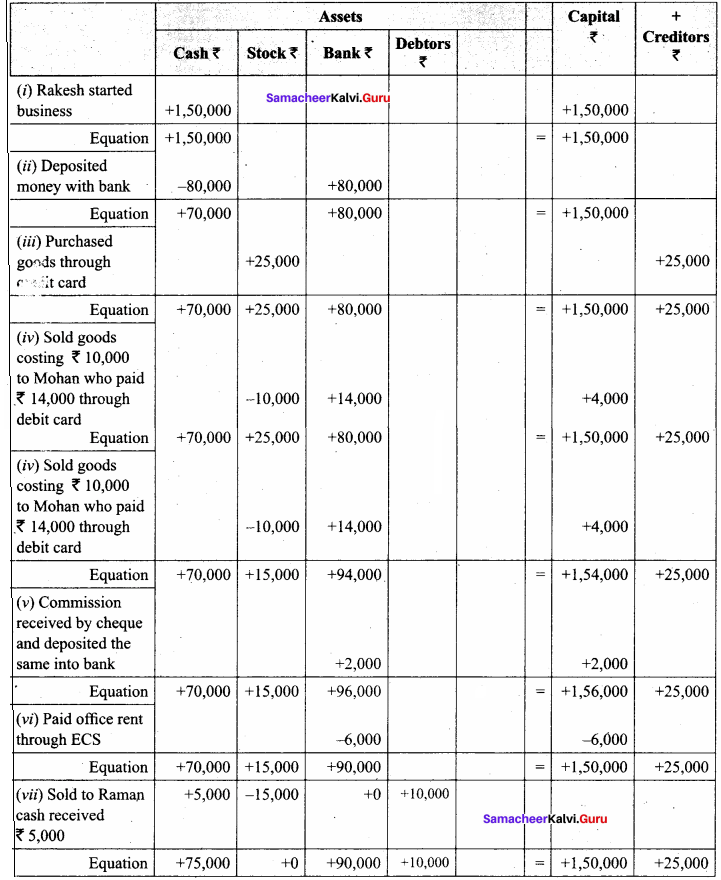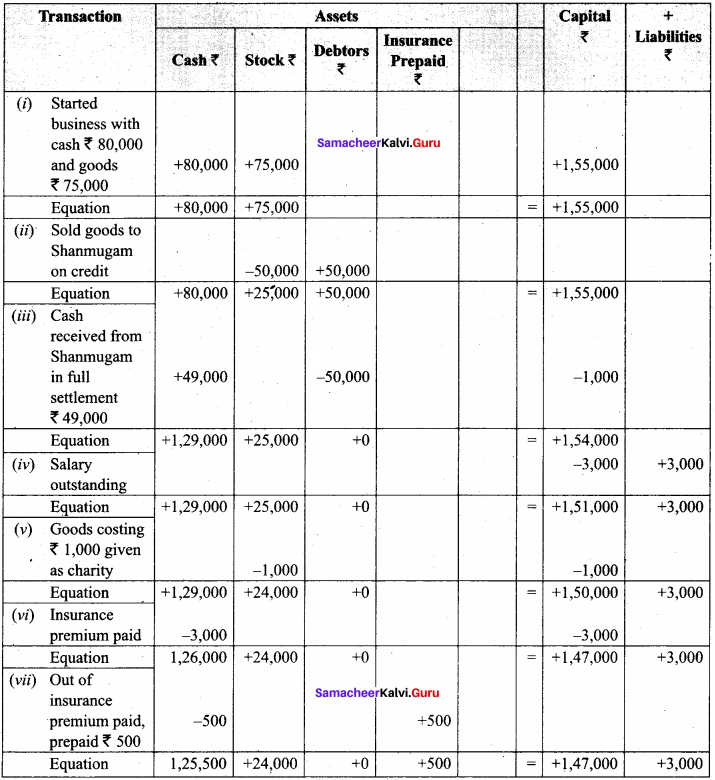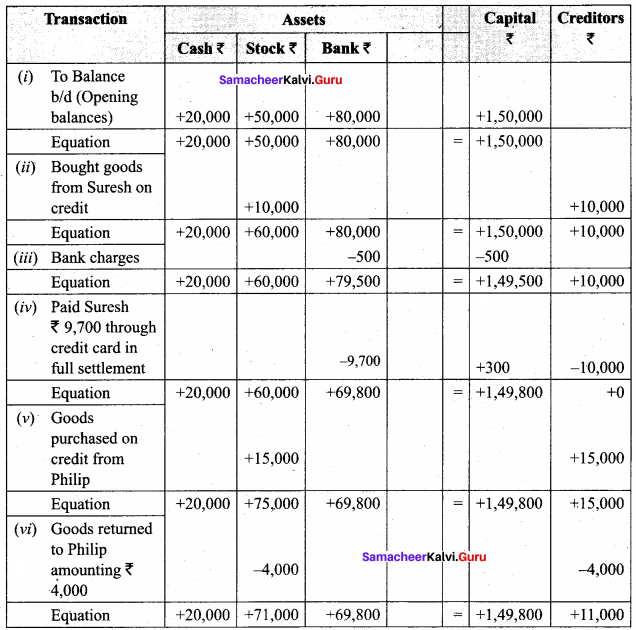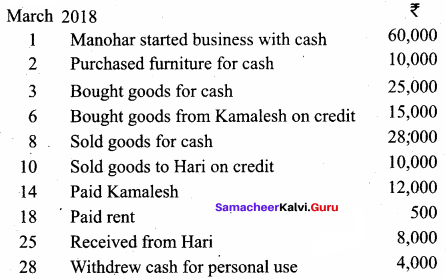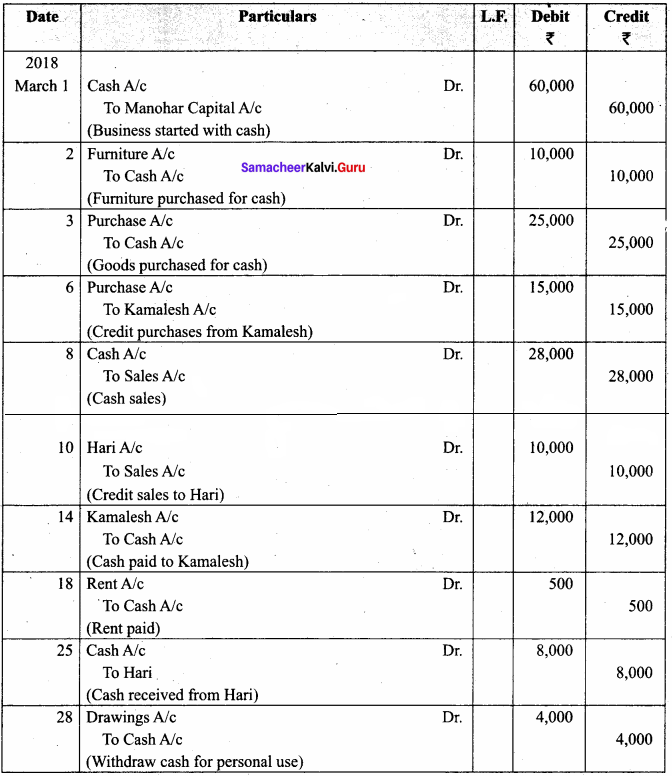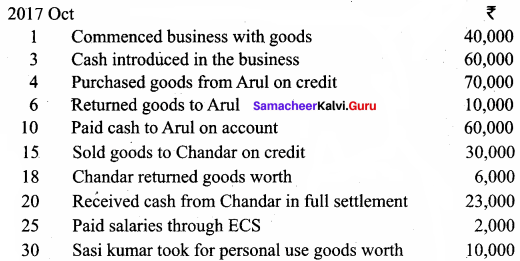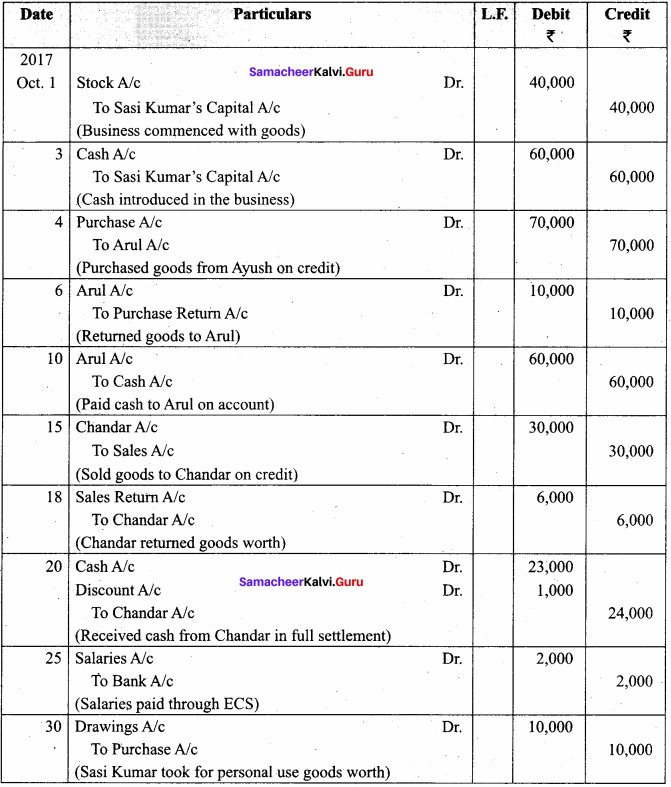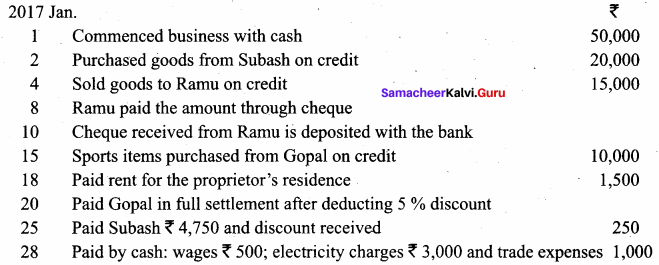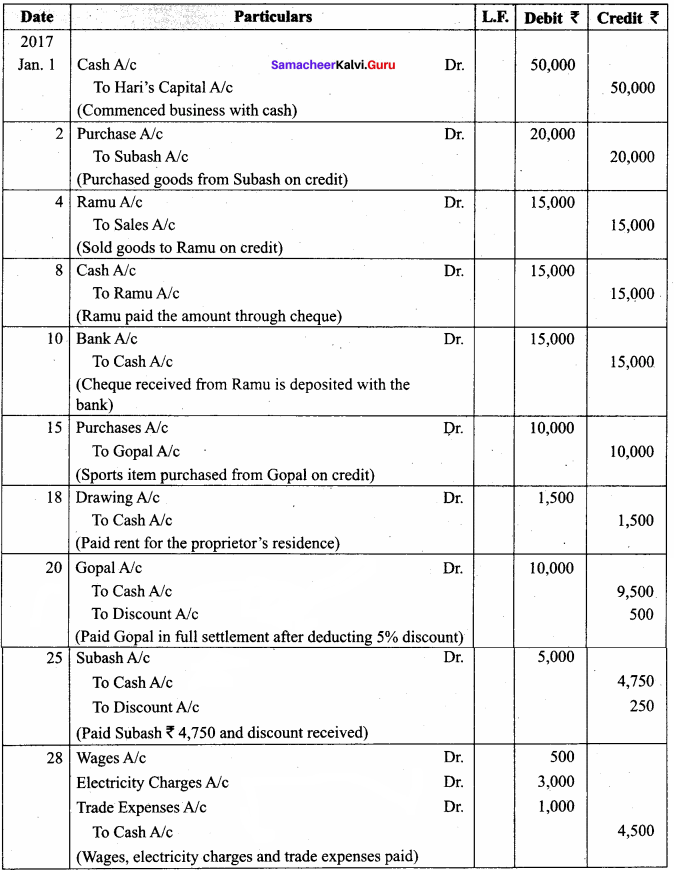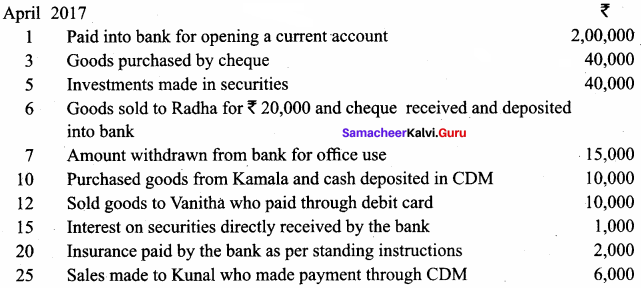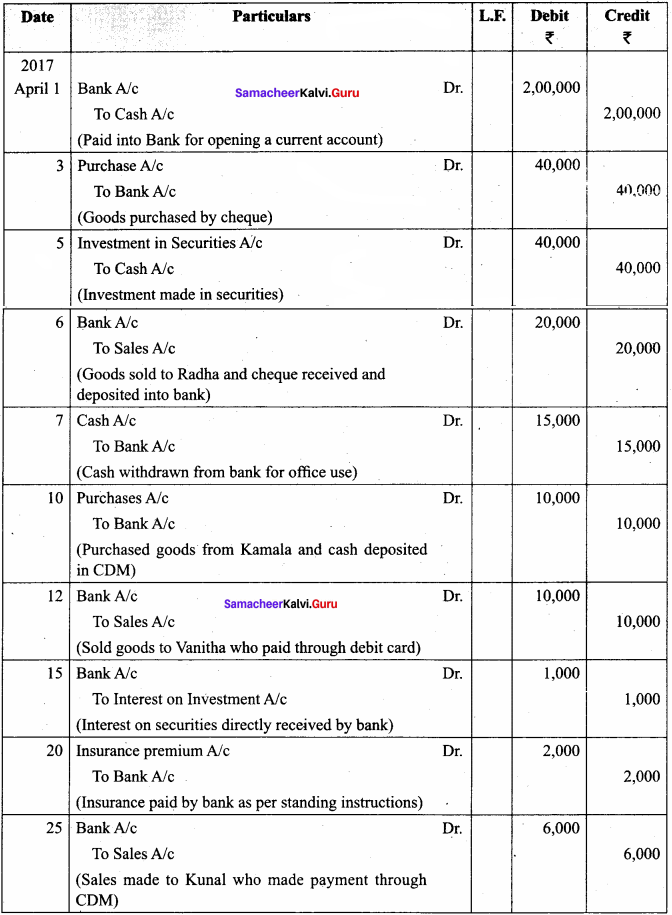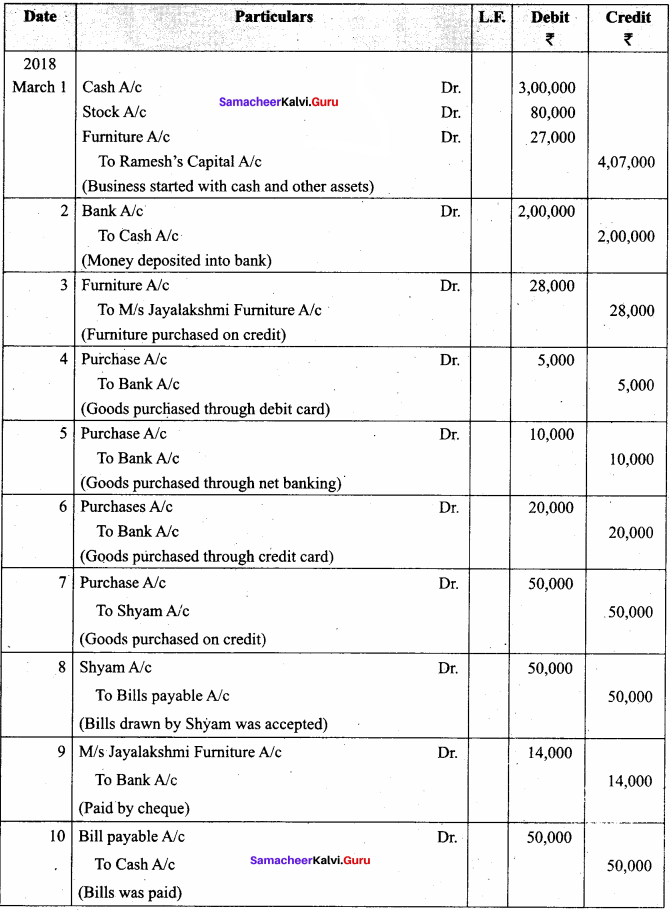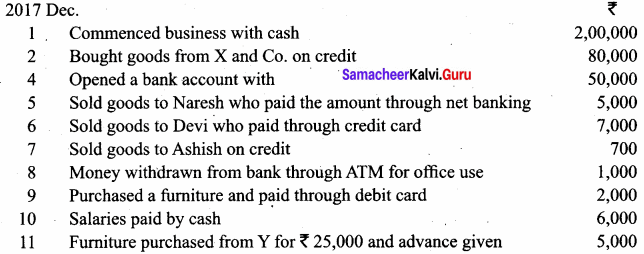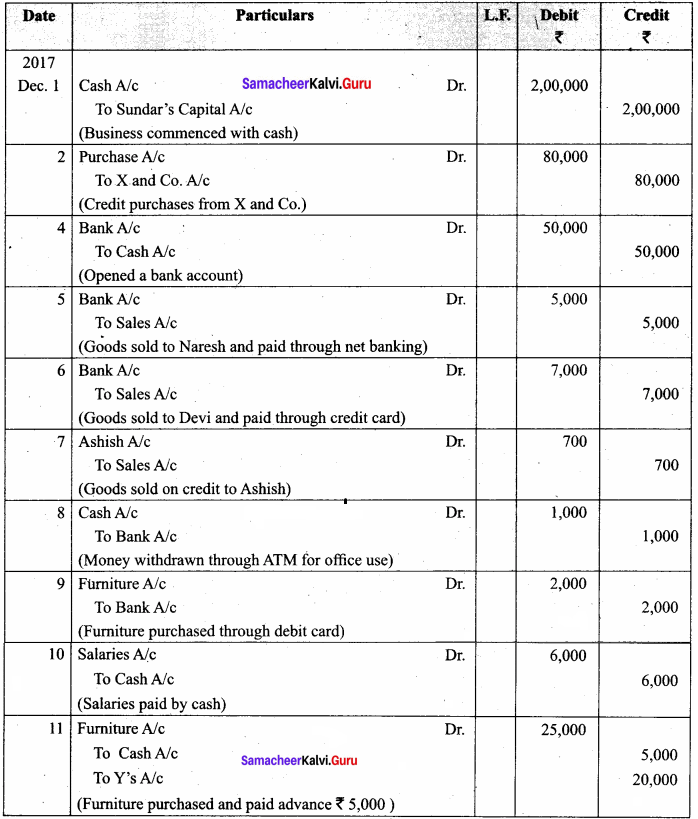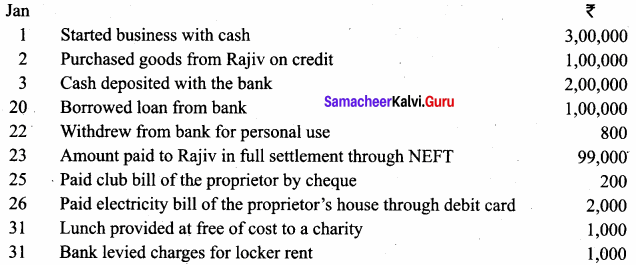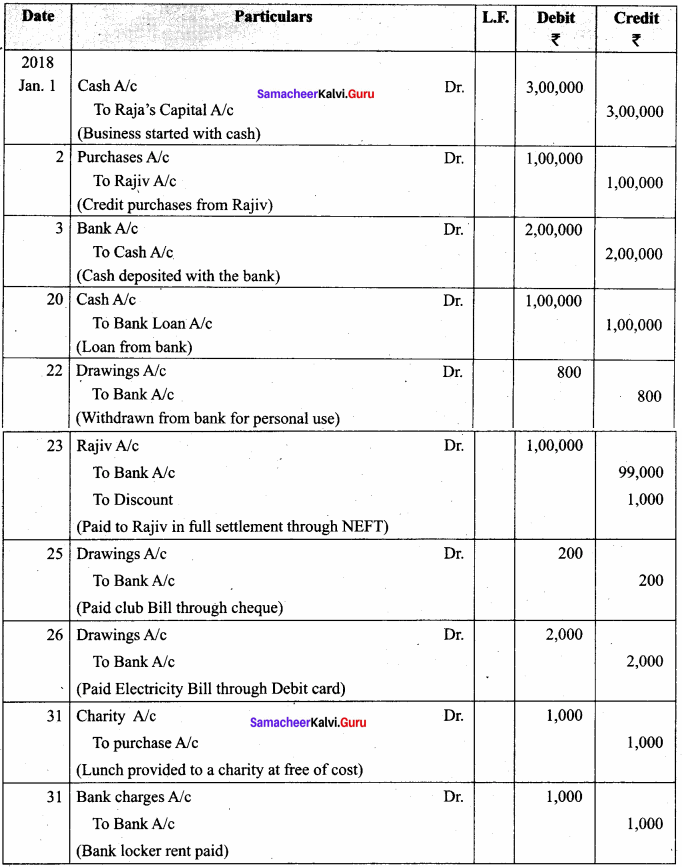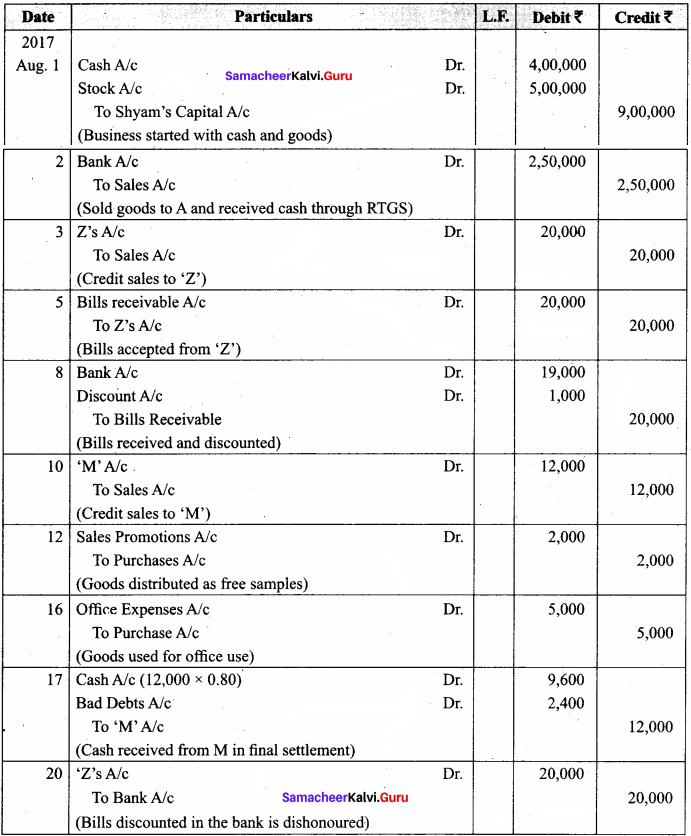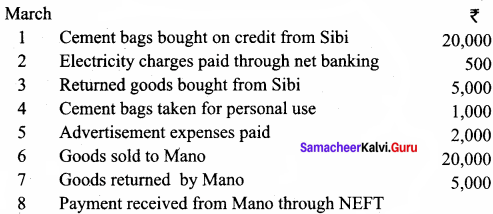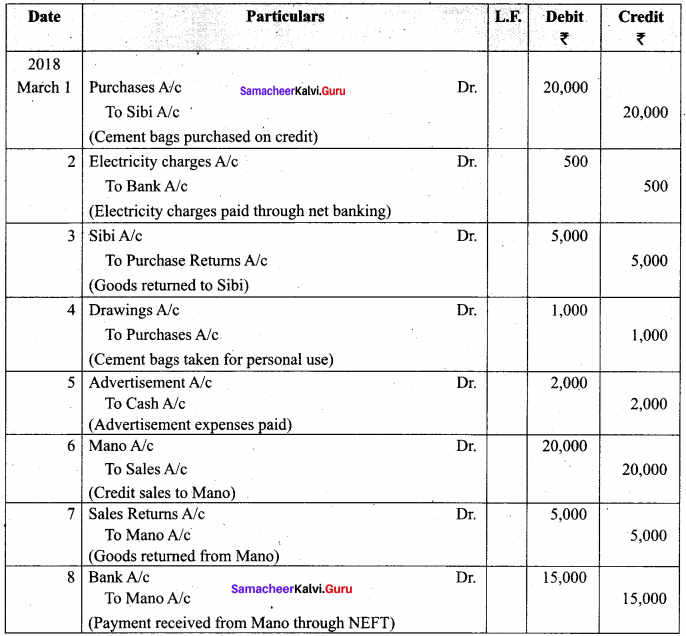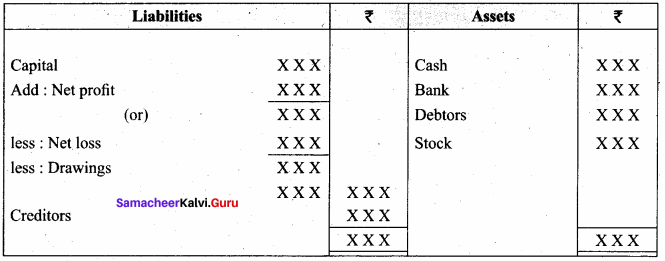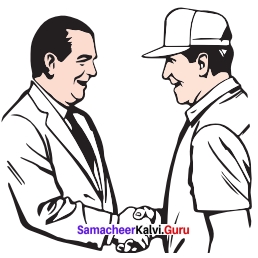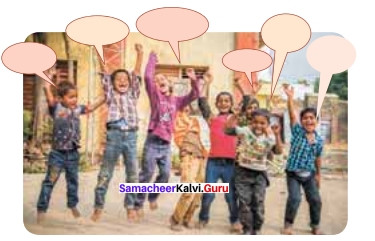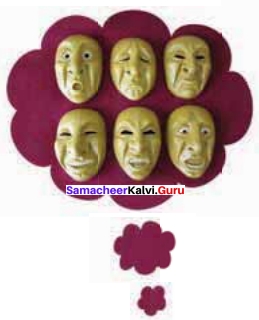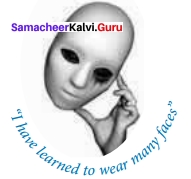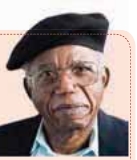Students can Download English Lesson 1 The Woman on Platform 8 Questions and Answers, Summary, Activity, Notes, Samacheer Kalvi 8th English Book Solutions Guide Pdf helps you to revise the complete Tamilnadu State Board New Syllabus and score more marks in your examinations.
Tamilnadu Samacheer Kalvi 8th English Solutions Term 3 Supplementary Chapter 1 The Woman on Platform 8
Read And Understand
Answer the following questions.
The Woman On Platform 8 Questions And Answers Question 1.
Where was Arun sitting?
Answer:
Arun was sitting on platform no. 8 at Ambala station.
The Woman On Platform 8 Book Back Answers Question 2.
What was the expected time of train’s arrival?
Answer:
The expected time of the trains arrival was at twelve o’clock midnight.
The Woman On Platform 8 Question 3.
What were the sight Arun had seen on the platform?
Answer:
Arun saw a tide of people, the cries of various vendors and the newspaper boy.
The Woman On Platform 8 Question Answer Question 4.
What did the vendors sell?
Answer:
The vendor sold curds, lemons, sweet meat and newspapers.
The Woman On Platform 8 Answer Question 5.
How did the woman appear?
Answer:
The woman had a pale face and dark kind eyes. She wore no jewels and was dressed very simple in a white saree.
8th English The Woman On Platform 8 Question 6.
Where was Arun travelling to?
Answer:
Arun was travelling to his boarding school.
The Woman On Platform 8 One Word Answer Question 7.
What did the woman buy for him?
Answer:
The woman bought samosas and jalebies. She also ordered tea for Arun.
The Woman On Platform No 8 Question Answer Question 8.
What was the advise of Sathish’s mother?
Answer:
Sathish’s mother advised Arun not to talk to strangers and to be very careful of them.
8th English The Woman On Platform 8 Question Answer Question 9.
What were the Arun’s last words?
Answer:
Aruns last words were “Goodbye – mother”.
Supplementary The Woman On Platform 8 Question 10.
What was the reaction of the woman at the end?
Answer:
When Satish’s mother was talking, she did not listen to her. But she was looking at Arun, as the train moved.
Step To Success
Sentence Rearrangement Common Example.
A. Miss Sullivan arrived at the Keller home when Helen was seven.
B. The deaf and blind Helen learned to communicate verbally.
C. But, eventually, Miss Sullivan’s effort was rewarded.
D. Before Helen Keller was two years old, she lost her sight and her hearing.
E. Miss Sullivan worked closely with Helen, her new student.
F. At times the teacher became frustrated.
1. DEFACB
2. DAEFCB
3. ACFDEB
4. CFDABE
5. FDACEB
Answer:
2. DAEFCB
Connecting To Self
Think you are in the following situation and write what would you do and why?
Answer:
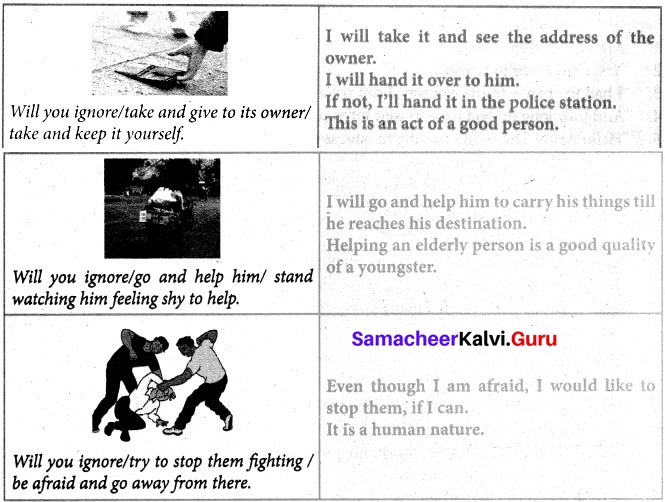
The Woman on Platform 8 Additional Questions
I. Choose the right answer (MCQ):
The Woman On Platform 8 Pdf Question 1.
I think I was about ______ at the time.
(a) ten
(b) eleven
(c) twelve
(d) thirteen
Answer:
(c) twelve
The Woman On Platform 8 Notes Question 2.
Trolleys rolled past me and I was conscious of the cries of the various ______
(a) vendors
(b) people
(c) children
(d) sellers
Answer:
(a) vendors
The Woman On Platform 8 Choose The Best Answer Question 3.
She wore no jewels and was dressed very ______ in a white saree.
(a) plain
(b) grandly
(c) elegantly
(d) simply
Answer:
(d) simply
The Woman On Platform 8 Summary Question 4.
She took me into the station ______ and ordered tea.
(a) dinini-room
(b) cafe
(c) stall
(d) counter
Answer:
(a) dinini-room
The Woman On Platform 8 Match The Following Question 5.
The strange encounter had little effect on my ______
(a) hunger
(b) appetite
(c) desire
(d) anxiety
Answer:
(b) appetite
The Woman On Platform 8 Mind Map Question 6.
I began to talk quite ______
(a) elaborately
(b) softly
(c) simply
(d) freely
Answer:
(d) freely
The Women On Platform 8 Question 7.
I did not ask her where she ______
(a) stayed
(b) landed
(c) lived
(d) started
Answer:
(c) lived
Question 8.
I caught her fingers and ______ up at her
(a) stared
(b) glanced
(c) looked
(d) glared
Answer:
(c) looked
Question 9.
I was unable to ______ a word.
(a) tall
(b) utter
(c) pronounce
(d) speak
Answer:
(d) speak
Question 10.
Satish’s mother did most of the ______
(a) talking
(b)work
(c) task
(d) acting
Answer:
(a) talking
II. Identify the character / speaker:
- “Are you all alone, my son”.
- “Yes, I am going to school”.
- “I had to change trains Anyway, I can travel alone”.
- “And how long do you have to wait for your train?”
- “Hello Arun! The train’s coming in late, as usual”.
- “I am glad to know that”
- “Yes I am Aron’s mother”
- “These days one has to be very careful of strangers”.
- “Here it comes”.
- “Goodbye – mother……”
Answer:
- The woman
- Arun
- Arun
- The woman
- Satish
- Satish’s mother
- The woman
- Satish’s mother
- Satish
- Arun
III. Give Very Short Answers :
Question 1.
How old was Arun?
Answer:
Arun was twelve years old.
Question 2.
When did-Arun arrive at-Ambala?
Answer:
Arun arrived early in the evening at Ambala.
Question 3.
On what did Arun sit down?
Answer:
Arun sat down on his suitcase.
Question 4.
How was the woman dressed? ”
Answer:
The woman was dressed in simple White saree
Question 5.
Why did Arun like tier?
Answer:
Arun liked her for the simplicity of her dress, for her deep soft voifce and calmness of her face.
Question 6.
How old was the woman?
Answer:
The woman was over thirty years.
Question 7.
What strengthened the bond between Arun and the woman?
Answer:
The food she bought for him, srengthened the bond between them,
Question 8.
Who ran across the rails?
Answer:
A boy leapt off the platform and ran across the rails.
Question 9.
Who was Satish?
Answer:
Satish was one of Aran’s friends.
Question 10.
Who accompanied Satish?
Answer:
Satish’s mother accompanied him.
IV. Short Answers:
Question 1.
What did Satish tel! about Arun to his mother?
Answer:
Satish told her that Aran was one of his friends and die best bowler in the dass.
Question 2.
Describe Satish’s mother.
Answer:
Satish’s mother was a large grand and impressive woman who wore spectades.
Question 3.
How did Arun contradict Satish’s mother?
Answer:
When Satish’s mother warned Aran to be careful of strangers, he said that he liked strangers.
Question 4.
What did Satish’s mother give to her son?
Answer:
Satish’s mother gaveTrim a bag of fruits, a cricketbat, and a big box of chocolates.
Question 5.
Where did Arun and Satish place themselves in the train?
Answer:
They picked up their suitcase and placed themselves at the open windows.
V. Rearrange the fumbled sentences :
Question A.
1. She ordered tea, samosas and jalebies.
2. I was a hungry school boy and ate as much as I could.
3. She took me into the station dining-room.
4. Atonce I began to thaw and takea new interest in this kind woman.
5. The strange encounter had little effect on my appetite.
Answer:
3. She took me into the station dining-room.
1. She ordered tea, samosas and jalebies.
4. At once I began to thaw and take a new interest in this kind woman.
5. The strange encounter had little effect on my appetite.
2. I was a hungry school boy and ate as much as I could.
Question B.
1. An engine was shunting up and down beside platform No.8.
2. As it approached, a boy leapt off the platform.
3. We began walking back along the platform.
4. He ran across the rails, taking a short cut to the next platform.
5. After about half-an-hour, we left the dining-room.
Answer:
5. After about half-an-hour, we left the dining-room.
3. We began walking back along the platform.
1. An engine was shunting up and down beside platform No.8.
2. As it approached, a boy leapt off the platform.
4. He ran across the rails, taking a short cut to the next platform
VI. Comprehension.
Read the following paragraph and answer the questions.
Question 1
Trolleys rolled past me and I was conscious ofthe cries ofthe various vendors-the men who ,sold curds and lemon, the sweet meat, seller, the newspaper boy- but I had lost interest in a that went on along the busy platform, and continued to stare across the railway tracks, feeling bored and a little lonely.
(a) What passed Aran?
Answer:
Trolleys passed Arun.
(b) What did the vendors sell?
Answer:
The vendors sold curd, lemons and sweet meat.
(c) What did Aran continue to do?
Answer:
Arun continued to stare across the railway tracks.
(d) How did he feel?
Answer:
He felt bored and lonely.
(e) What was Aran conscious of?
Answer:
Arun was conscious ofthe cries ofthe vendors.
Question 2.
she smiled gratefully at me and pressed my hand. We walked together in silence until we reached the place where I had left my suitcase, one of my school fellows, Satish, a boy of about my age, had turned up with his mother.
(a) Who smiled gratefully at Aran?
Answer:
The woman in white sari smiled gratefully at Arun.
(b) How did they walk?
Answer:
They walked together in silence.
(c) Who was Satish?
Answer:
Satish was one of Arun’s schoolfellows.
(d) Who came with Satish?
Answer:
Satish’s mother came along with him.
(e) Where did they leave the suitcase?
Answer:
They left the suitcase on the platform.
Question 3.
The train mowed slowly into the station, the engine hissing and sending out waves of steam. As it came to a stop, Satish jumped on the footboard ofa lighted cpmpartment and shouted,‘Come on, Arun, this one’s empty!’ and I picked up my suitcase and made a dash for the open door.
(a) How did the train move?
Answer:
The train moved slowly into the station.
(b) How did the engine enter the station?
Answer:
The engine was hissing and sending out waves of steam.
(c) What did Satish do?
Answer:
Satish jumped on the footboard of a lighted compartment.
(d) Who called out to Arun?
Answer:
Satish called out to Arun.
(e) What did Arun do?
Answer:
Arun picked up his suitcase and made a dash for the open door.
VII. Answer in Detail:
Question 1.
Describe the platform No. 8 at Ambala Station.
Answer:
Arun was waiting for his train on platform no. 8. He was browsing at the bookstall. When the train arrived, the platform looked like a hell. The people were shouting and agitating. As the carriage doors opened, a tide of people would sweep down upon the nervous little ticket collector at the gate. Arun would be caught in this rush and would be swept outside the statioil. There were trolleys, vendors selling various things like curd, lemon and sweet meat. There was also a boy selling newspapers on that busy platform.
The Woman on Platform 8 Summary
Section -I
The story starts with Arun of 12, waiting for his train scheduled at midnight at Ambala station on platform no. 8. He was travelling alone, as his parents considered him to be big enough to travel alone.
He was early at the station feeling bored, suddenly, a soft voice asked him if he is alone. He saw a woman with pale face and dark kind eyes, simply dressed in a white sari. He observed that she was poor, but had a dignity in her appearance.
She asked whether his parents have come to see him off. He replied he can travel alone. The woman agreed which made Arun instantly like her. She was simple and her deep voice and serenity was liked by Arun.
The woman asked about his name and his train. Then she took him to the canteen. She ordered tea, samosas and jalebies for him. Arun could not refuse. She questioned many things, but listened to him intently. All her kind and generous behavior made Arun forget that she was a stranger.
Sathish, one of Aruns school fellows, came to the station with his mother.
Section – II
They introduced each other. The woman addressed herself as Aruns mother without any hesitation. Sathish’s mother warned Arun to be careful of strangers. But Arun replied that he liked strangers which staggered her.
When the train came, they boarded. The woman took Aruns hand in her hands and smiled gently in an understanding way. Arun bade goodbye calling her “mother”. He gazed at the woman, till she got lost in the crowd.
